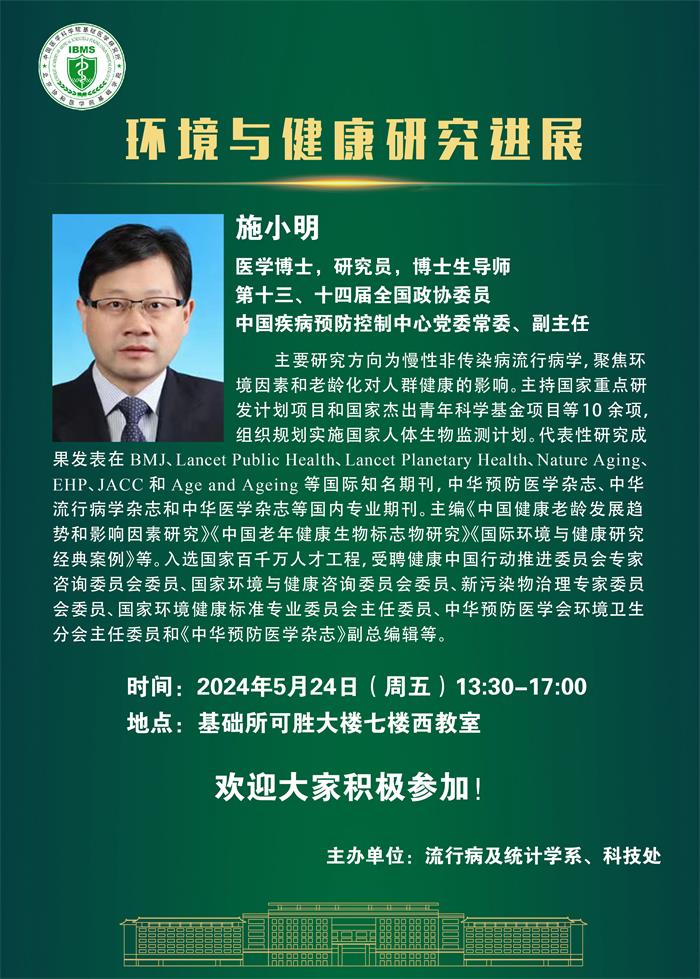K33-linked polyubiquitination of Zap70 by Nrdp1 controls CD8+ T cell activation
Yang M1,2, Chen T2, Li X2, Yu Z3, Tang S3, Wang C2, Gu Y2, Liu Y2, Xu S2, Li W4, Zhang X4, Wang J3, Cao X1,2
Nat Immunol. 2015 Dec;16(12):1253-62. PMID: 26390156 [PubMed - in process]
Abstract
The key molecular mechanisms that control signaling via T cell antigen receptors (TCRs) remain to be fully elucidated. Here we found that Nrdp1, a ring finger-type E3 ligase, mediated Lys33 (K33)-linked polyubiquitination of the signaling kinase Zap70 and promoted the dephosphorylation of Zap70 by the acidic phosphatase-like proteins Sts1 and Sts2 and thereby terminated early TCR signaling in CD8(+) T cells. Nrdp1 deficiency significantly promoted the activation of naive CD8(+) T cells but not that of naive CD4(+) T cells after engagement of the TCR. Nrdp1 interacted with Zap70 and with Sts1 and Sts2 and connected K33 linkage of Zap70 to Sts1- and Sts2-mediated dephosphorylation. Our study suggests that Nrdp1 terminates early TCR signaling by inactivating Zap70 and provides new mechanistic insights into the non-proteolytic regulation of TCR signaling by E3 ligases.





